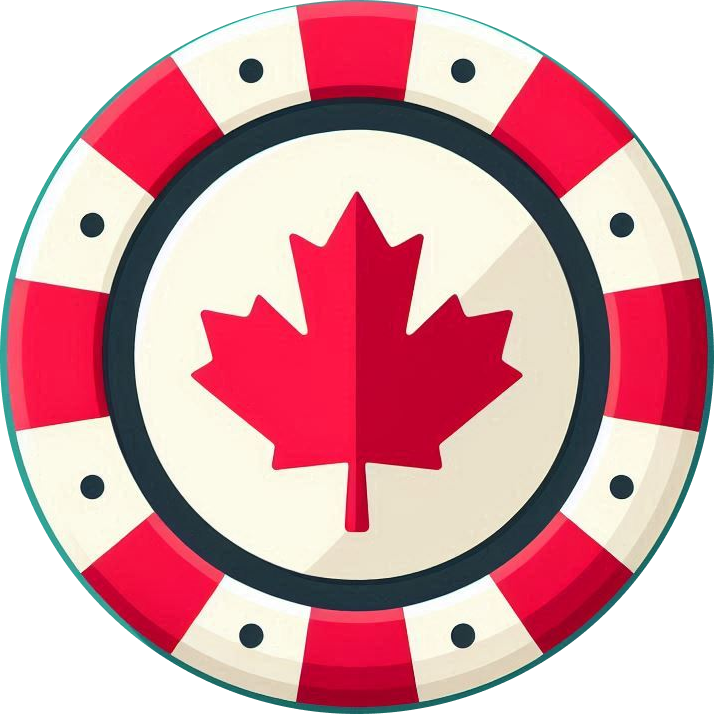Fantasy Sports for Canadians: How to Play and Win
Fantasy sports have really taken Canada by storm, captivating millions of fans with the excitement of building and managing their own teams.
This article dives into the ins and outs of fantasy sports, explaining what they are and why they’ve become such a hit in Canada, along with some practical tips for playing and winning. Readers can discover how to choose the right league and team, draft players, and implement winning strategies.
Whether someone is a beginner or a seasoned player, there’s plenty of valuable information here to enhance their fantasy sports experience.
What are Fantasy Sports?

Fantasy sports are interactive games that let individuals, especially Canadians, create virtual teams filled with real professional athletes from various sports like football, hockey, and basketball. Participants get to draft these athletes and earn points based on how they perform in actual games, which adds a competitive twist rooted in strategy and player stats.
The experience gets even better with different formats like head-to-head competitions and rotisserie leagues, making it crucial for players to grasp the scoring system and master effective team management techniques.
This dynamic setup encourages participants to dive into not just the games but also into interactions with each other, building a sense of community and camaraderie among players. The thrill of the draft process, where each person carefully picks their athletes based on stats, potential projections, and injury updates, amps up the excitement and competition levels.
As they navigate the season, tracking player performance and making strategic trades or waivers, participants often find themselves in the thick of discussions and debates in online forums or on social media. This sense of belonging to a community helps many uncover a deeper passion for the sports they follow, often resulting in a greater engagement with the actual games themselves.
Why are they Popular in Canada?
Fantasy sports have really taken off in Canada, and it’s mostly because Canadians are diving deep into sports analytics, joining community leagues, and connecting socially through various online platforms. The thrill of competition and the chance to strategize using player rankings and performance metrics resonate with sports fans across different leagues.
The cultural fabric of Canada, which cherishes sports as a key part of social interaction, plays a significant role in this trend. People from all walks of life, whether they’re young adults or families, are finding common ground in fantasy leagues that help them bond with friends and colleagues.
Social media is also a major player in this engagement, letting fans share their experiences, insights, and some good-natured competitive banter. Plus, the rise of comprehensive sports analytics has made information accessible to everyone, allowing participants to make informed decisions. This attracts a wide variety of enthusiasts, from casual fans to hardcore analysts.
Overall, the mix of strategy, community bonding, and data-driven engagement shows just how broad and enduring the appeal of fantasy sports is within Canada’s vibrant sports culture.
How to Play Fantasy Sports

To dive into the world of fantasy sports, players need to grasp the fundamentals, like choosing a fantasy league that matches their interests, employing smart draft strategies, and managing their teams effectively.
Whether they go for live drafts or auction drafts, participants have to navigate the complexities of picking players and make good use of resources like the waiver wire to boost their teams throughout the season. It’s a fun way for fans to really get into their favorite sports while competing for prizes and, of course, some serious bragging rights.
Choosing a League and Team
Choosing the right league and building a fantasy team is key to success in fantasy sports, and players have plenty of league types to think about, from community leagues to multi-sport options. Understanding the ins and outs of these leagues, as well as the importance of player projections and rankings, can really shape a player’s strategy and overall enjoyment.
When evaluating different league types, it’s important for individuals to consider not just the scoring systems and roster limits, but also the level of competition and the experience of other participants. Novices might want to opt for more casual leagues that create a relaxed atmosphere, while seasoned players could thrive in fiercely competitive settings that push them to use advanced strategies.
It’s also crucial to think about trade policies, draft styles—like auction versus snake drafts—and how much flexibility there is in managing rosters throughout the season. Keeping all these factors in mind can help players make smart choices that align their skills and ambitions with the perfect league structure.
Scoring and Drafting Players

Understanding the scoring system is crucial for anyone looking to succeed in fantasy sports since it dictates how points are awarded for player performance. Players need to adopt a strategic approach to drafting, and mock drafts can be invaluable for preparing and fine-tuning their draft strategy.
By keeping a close eye on player rankings and statistics, they can build a competitive team.
By getting familiar with the specifics of different scoring systems—like point-per-reception in football or rotisserie formats in baseball—participants can better evaluate which players provide the most potential value.
Crafting effective draft strategies relies not only on analyzing statistics but also on projections that spotlight breakout candidates or hidden gems.
Engaging in several mock drafts can simulate real drafting scenarios, allowing players to test out different tactics, assess their comfort level with various picks, and adjust their strategies based on the choices of others. This practice ultimately boosts their readiness for the actual draft day.
Tips for Winning at Fantasy Sports
Winning at fantasy sports is all about a blend of smart strategies, solid fantasy advice, and a good grasp of risk management.
Players need to be flexible with their approaches, whether that means diving into advanced analytics or joining community leagues to get a variety of perspectives that could boost their chances of success.
By prioritizing consistent research and tapping into insights from the competition, they can elevate their performance and aim for that championship title.
Research and Strategy

Conducting thorough research is absolutely essential for anyone looking to develop a winning strategy in fantasy sports. It allows players to analyze statistics and game insights effectively.
By utilizing research tools and staying updated with fantasy advice, they can make informed decisions about player selections, trades, and overall roster construction to maximize performance metrics throughout the season.
With a multitude of analytics platforms and player tracking apps at their fingertips, they can dissect performance trends, compare player matchups, and evaluate emerging talents.
For instance, advanced metrics like Expected Goals (xG) or Player Efficiency Ratings (PER) provide deeper insights that traditional stats might miss. A savvy player might catch on to a trend showing that a once high-performing player is struggling due to an injury, which gives them the chance to make timely adjustments, like scouting for a reliable replacement.
Being adaptable by keeping an eye on trade news and injury reports is crucial. This kind of flexibility can make the difference between a mediocre roster and a championship-winning team.
By leveraging these resources, players can not only improve their game but also outsmart the competition.
Managing Your Team and Making Trades
Effective team management is key for anyone looking to maintain a competitive edge in fantasy sports. Timely trades and smart use of the waiver wire can really make or break a team’s success.
By leveraging player projections and keeping an eye on trade deadlines, players can optimize their rosters and adeptly respond to injuries or unexpected changes during game weeks.
Staying informed about player performance trends and understanding the dynamics of the league is crucial. When managers monitor players week-to-week, they can spot potential trade targets or waiver wire pickups who might just exceed expectations.
Building a solid strategy means regularly assessing team needs and figuring out which positions need a bit more firepower, all while keeping the unique rules of the league in mind.
Engaging with the fantasy community for insights and advice can also offer fresh perspectives, which helps in making better decisions and ultimately boosts the chances of triumph as the long season unfolds.





